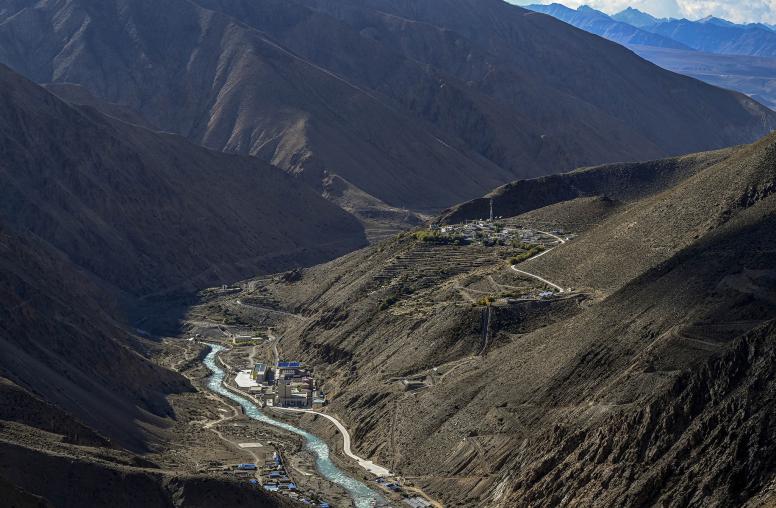Peace Agreements: Nepal
Peace Agreements Digital Collection
Nepali
Comprehensive Peace Agreement concluded between the Government of Nepal and the Communist Party of Nepal (Maoist)
(11-21-2006)
Posted by USIP Library on: November 30, 2006
Source Name: The Government of Nepal, as verified by an official at the Embassy of Nepal, Washington, D.C.
Date emailed: File received in email on November 28, 2006
English
Unofficial Translation of the Comprehensive Peace Agreement concluded between the Government of Nepal and the Communist Party of Nepal (Maoist)
(11-21-2006)
Posted by USIP Library on: November 30, 2006
Source Name: The Government of Nepal, Ministry of Foreign Affairs, Kathmandu
Source URL: http://mofa.gov.np/peaceprocess.php
Date downloaded: November 29, 2006



